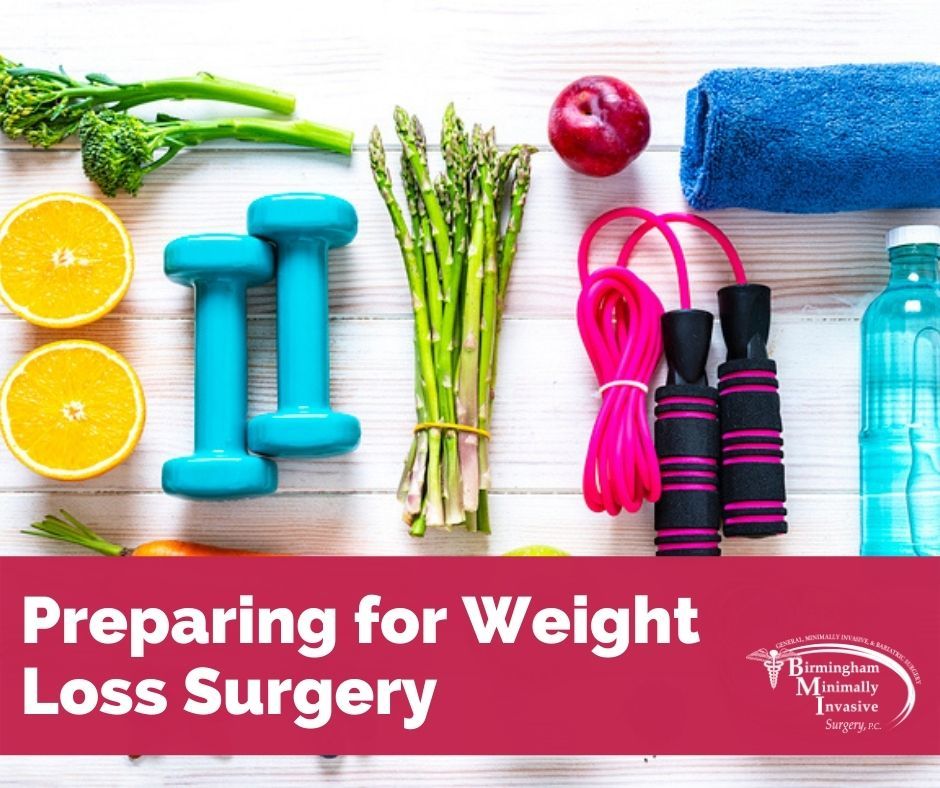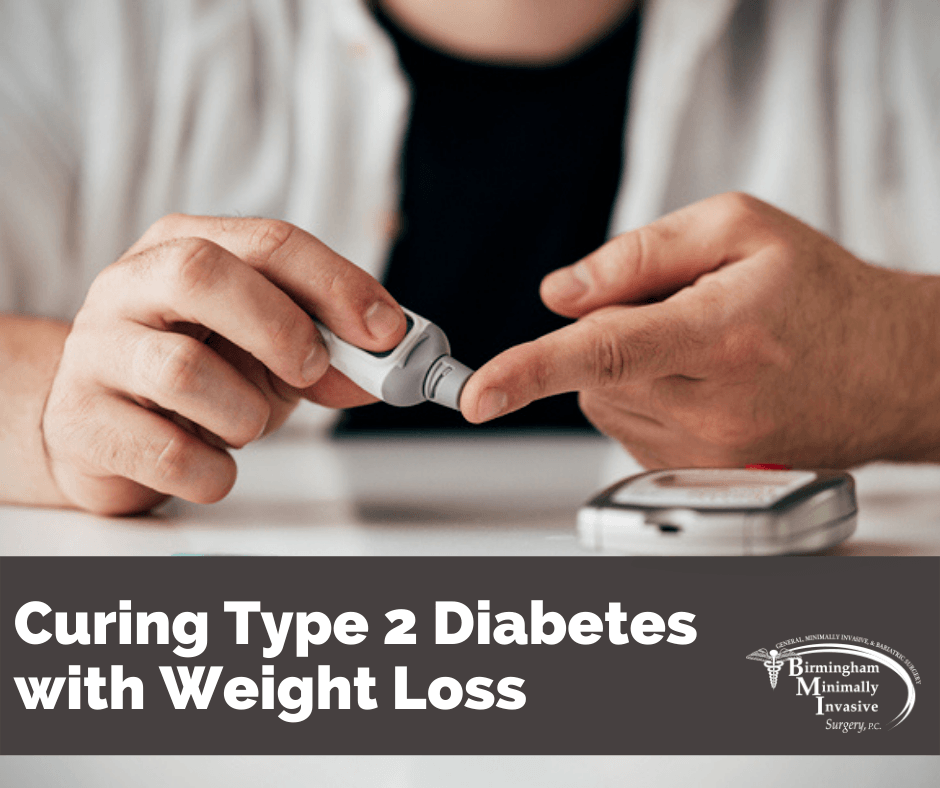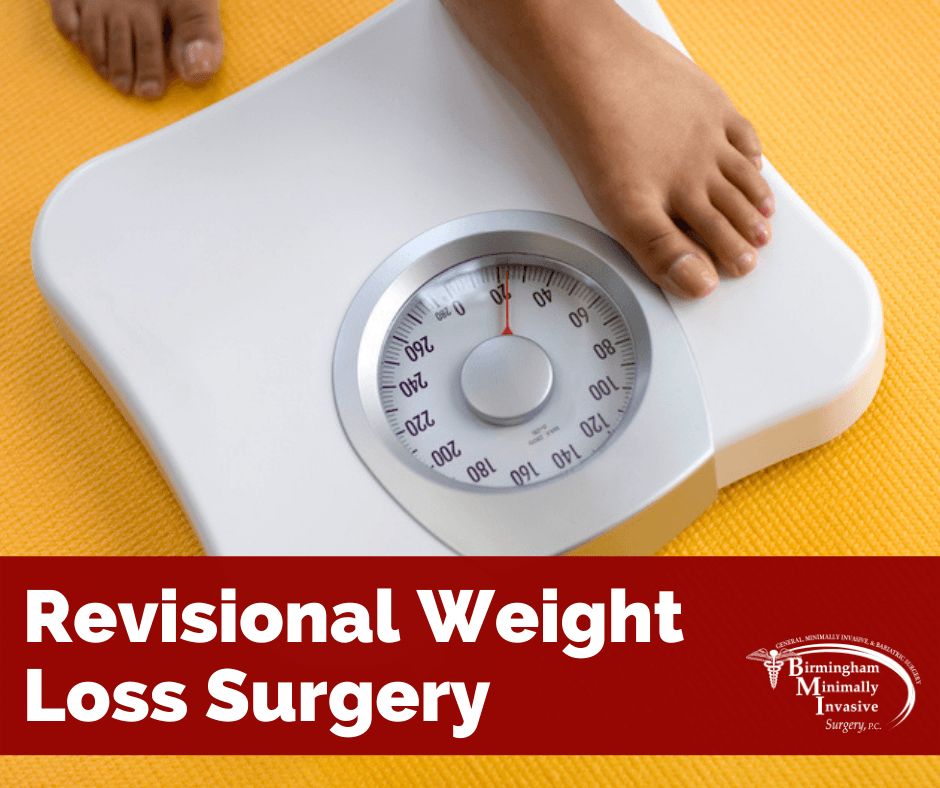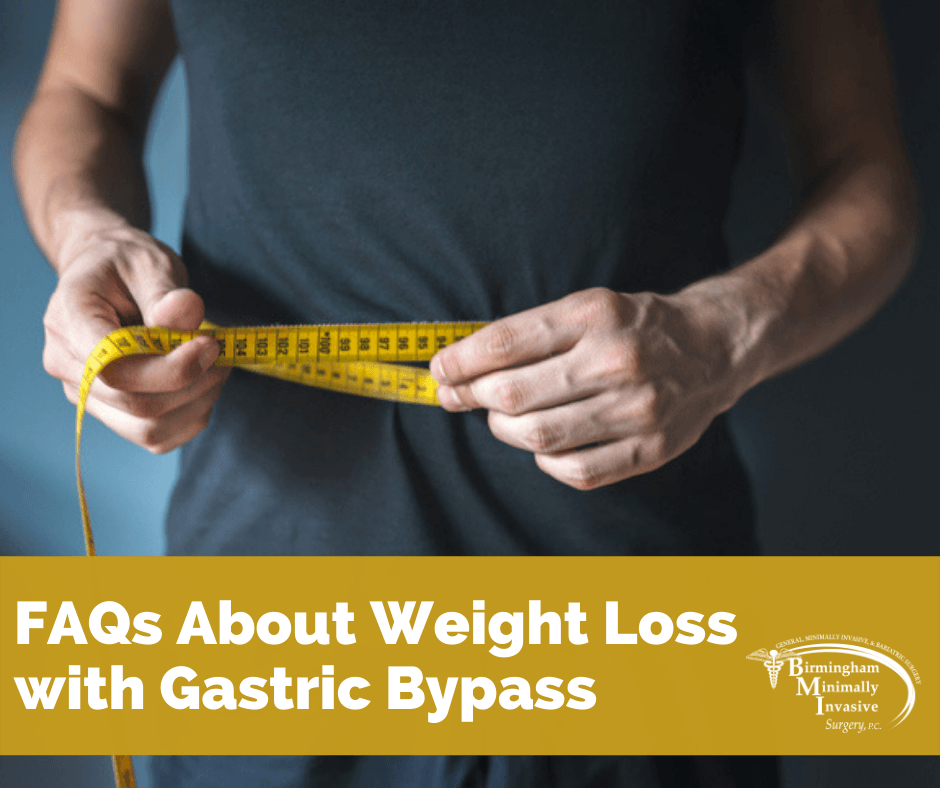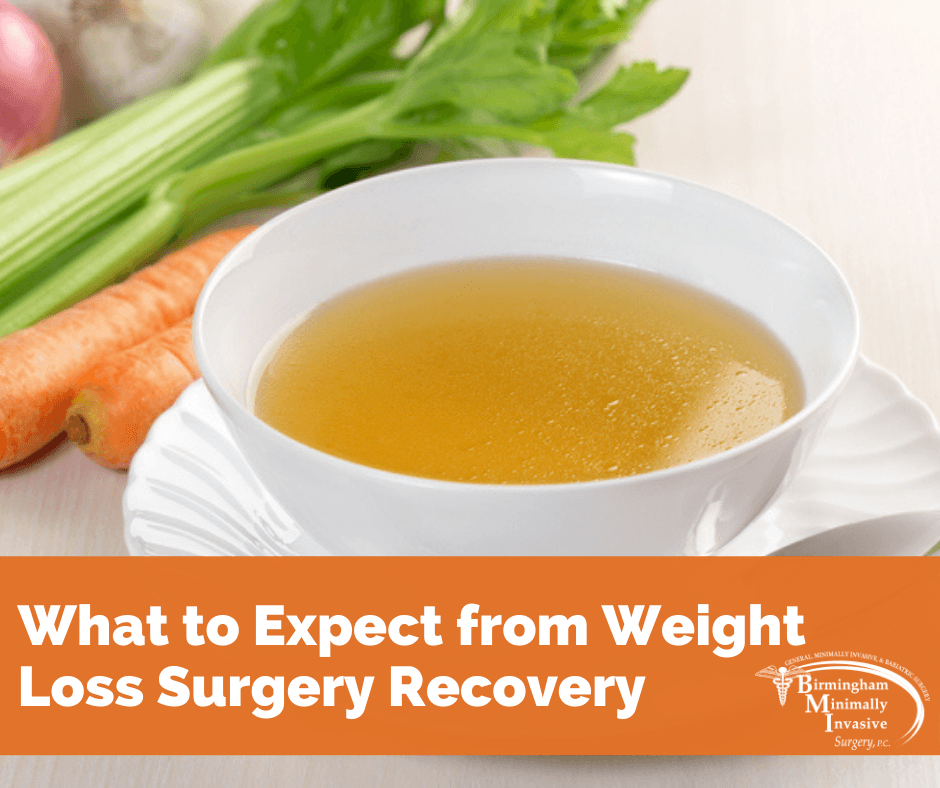

Whether you are trying to lose weight on your own or you’ve had weight loss surgery at Birmingham Minimally Invasive, focusing on the number on the scale alone can lead to issues we don’t want. This might mean getting into a cycle of losing and regaining weight, low self-esteem, or an unhealthy obsession with food and body image.
Instead, it’s often best to focus on overall health and small, daily habits that can improve your health and well-being. Most likely, as you improve your health, you will naturally improve your weight as well.
Healthy Habits that Make a Big Difference for Weight Loss
What can you change on a daily basis? Are you totally inactive now? Do you eat fast food every day? Do you skip breakfast?
In these situations, starting with small daily changes can go a long way. Go for a 10-minute walk every day, then slowly start working up to longer times. Cut out fast food one day at a time until you are eating out much less frequently. Start eating breakfast one day at a time until you’re having breakfast every day. Taking it one day at a time often feels more doable, rather than looking at things on a larger scale by the week, month, or even year.
For those who are already losing weight and have had weight loss surgery, it may be harder to find achievable goals or habits that need improvement. But that room for improvement is always there. For example, maybe your diet plan suggests eating fish once a week, but you don’t typically include it in your meal plans. Resolve to learn new recipes and try them out every week.
Wherever you are with your weight loss and your journey toward a healthier life, here are more suggestions for small, daily habits that can make a big difference.
- Try a new form of exercise. Some people don’t exercise because they don’t like it. They don’t like running or going to the gym. So try something else, like simple walking while listening to music or a yoga DVD at home. It’s also common to get tired of always doing the same thing if you are more active, so instead of heading to the gym for the elliptical or treadmill, try swimming at the pool or taking a class.
- Try the same old foods in new ways. Getting into a rut and getting tired of eating the same things can easily lead to eating things you shouldn’t. Pick out a fruit or vegetable you’ve never had before, or search the internet for new, healthy recipes. You can also try very simple things like adding berries to your yogurt or cereal in the morning, or chopping up new veggies to add to your salad. You may be tired of carrots dipped in a healthy dressing, but shredded carrots on your salad will be delicious.
- Only buy healthy options. This is a trap it’s easy to fall into, especially if you are buying groceries for others in your family. But your goal should be for your entire family to eat healthy foods, not just you. If you buy junk food, your family will eat junk food. If you buy healthy foods, that’s what they will eat instead, and you won’t have temptations around the house.
- Eat meals with your family. Especially on busy school mornings or evenings, it may be easier to serve children their meals at different times or in front of the TV, but make it a goal to do this as little as possible. Eating together has many important benefits related to health and nutrition, but it’s also a time to connect and communicate. You will likely be much more satisfied with what you are eating when you are eating with others rather than alone.
- Always make it a true meal. This can also be hard with busy schedules, but always plate your food and sit down to eat. Food eaten out of packages and while standing is forgettable. You can wind up eating lots more than if you sit down and consciously enjoy your meals.
- Don’t eat after dinner. This is where many people trip up and end up packing on the extra pounds. Maybe you’ve done well all day, but by evening you’re tired and your resolve starts to falter. Make a plan for yourself that you won’t eat after dinner. If you’ve had a healthy, satisfying meal at the table with your family that includes the appropriate amounts of protein, fat, veggies, and carbs, you won’t miss the after dinner snacking.
Work With Birmingham Minimally Invasive Surgery to Start Making Healthy Changes!
Each and every small change you make can help you lose weight and become healthier. These daily habits do make a difference no matter what your weight is. However, many people do need extra help through weight loss surgery such as gastric sleeve and gastric bypass. It’s often the jumpstart our patients need to truly make a commitment to changing their lives, and we would love to help you do this too!
Learn more about weight loss options at Birmingham Minimally Invasive Surgery.
The caring group of professionals at Birmingham Minimally Invasive Surgery will help you get started on your weight loss journey and stay with you every step along the way. Dr. Long and his team specialize in all types of bariatric surgery, including gastric sleeve surgery, gastric bypass, and the LAP-BAND. Visit us today at http://www.bmisurgery.com/ or give us a call to set up a consultation at 205-833-6907.
